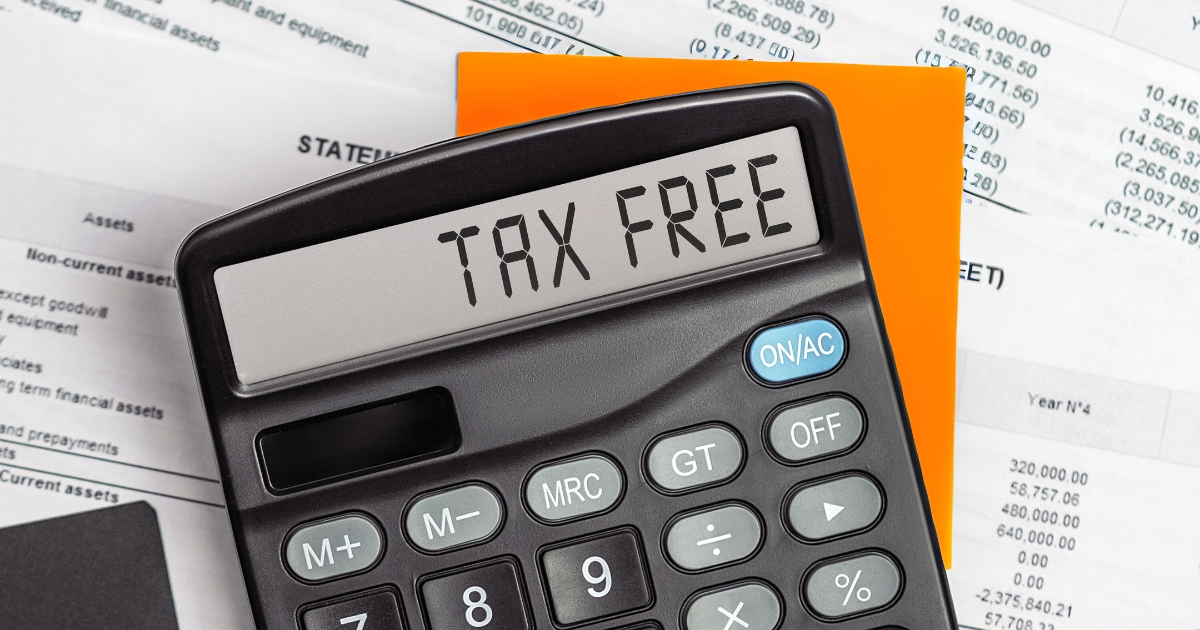
Opening a Tax-Free Savings Account (TFSA) in South Africa is one of the most sensible financial decisions you can make. These accounts allow you to save and grow your money without paying taxes on interest, dividends, or capital gains. This guide offers all the key information needed to understand how TFSAs work, the benefits they provide, and how to select the right one to achieve your financial goals.
Key Takeaways
- Tax-Free Growth: TFSAs offer growth and withdrawals free from taxation.
- Contribution Limits: Stay within the R36,000 annual and R500,000 lifetime limits to avoid a 40% penalty.
- Investment Variety: Choose from a range of options, such as unit trusts and ETFs, with different banks offering various features and deposit requirements.
About Arcadia Finance
Arcadia Finance makes securing your loan easy and hassle-free. Choose from 19 trusted lenders, all fully accredited by South Africa’s National Credit Regulator, with zero application fees. Experience a smooth process with reliable solutions tailored to fit your financial needs.
What is a Tax-Free Savings Account (TFSA)?
A tax-free savings account (TFSA) is a financial tool in South Africa that enables you to grow your savings and investments without being taxed on the returns. Introduced in 2015 under Section 12T of the Income Tax Act, this initiative from the South African government aims to encourage personal savings by offering significant tax advantages. It provides a practical way to enhance your savings and maximise your earnings.
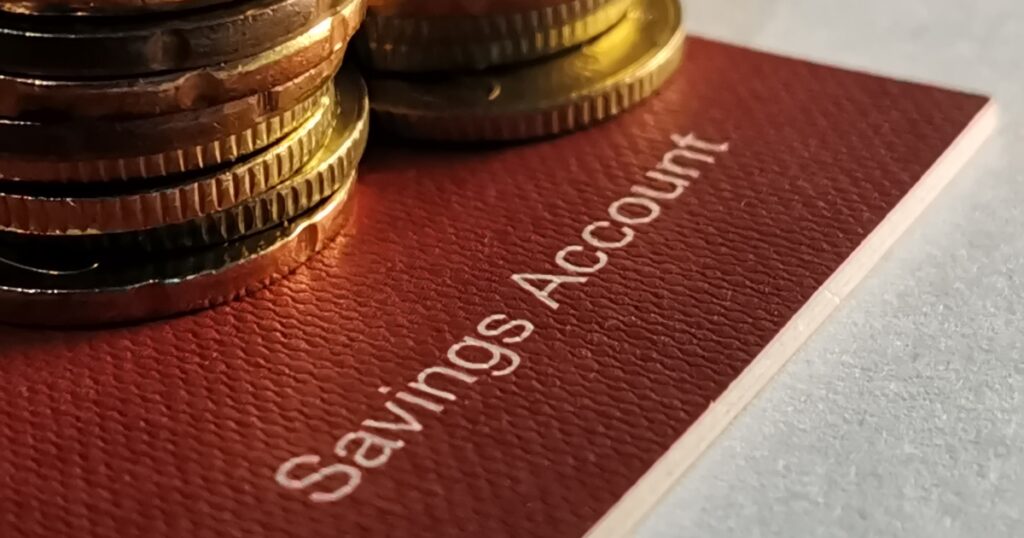
Benefits of a TFSA in South Africa
Tax-Free Growth
A key feature of a tax-free savings account (TFSA) is that any income your investments generate, such as capital gains, dividends, or interest, is entirely tax-exempt. This allows your savings to grow more quickly over time since there’s no tax on your earnings. It’s like giving your money an extra boost!
Flexible Contributions
With a TFSA, you can contribute up to R36,000 per year tax-free, with a lifetime limit of R500,000, as regulated by the South African government. You have the freedom to contribute as much or as little as you like within these limits, allowing you to tailor your contributions to suit your financial situation and goals.
Hassle-Free Withdrawals
Unlike other investment accounts, a TFSA allows you to withdraw funds whenever you need them, for any purpose, without incurring taxes or penalties. Whether you’re planning a holiday, facing unexpected expenses, or saving for education or retirement, a TFSA offers the flexibility to access your funds without any complications.
Diverse Investment Options
With a TFSA, you can choose from numerous investment opportunities, including unit trusts and ETFs. This allows you to customise your investment portfolio according to your risk tolerance, time horizon, and financial objectives. Whether you’re an experienced investor or just starting your savings journey, a TFSA enables you to select investments that align with your needs and ambitions.
A TFSA is a smart way to maximise your money’s growth while maintaining the flexibility to use your funds whenever you need them. It offers peace of mind and significant benefits, making it an excellent tool for your financial strategy in South Africa.
While tax-free accounts have their perks, a High Yield Savings Account in South Africa offers a unique opportunity to grow your funds steadily with attractive interest rates.
Limits of a TFSA in South Africa
Tax-free savings accounts (TFSAs) are a valuable tool for securing your financial future, but it’s important to monitor your contributions closely. In South Africa, if you exceed the annual TFSA contribution limit of R36,000 per person or the lifetime limit of R500,000, you will be subject to a significant 40% tax on the excess amount.
For example, if you contribute R18,000 to one TFSA and R20,000 to another TFSA within the same tax year, you will have exceeded the annual limit by R2,000. As a result, you will need to pay a 40% tax, amounting to R800, on the excess R2,000.

Assessing Your Commitment Duration
When planning your investment strategy, one of the first questions to consider is: How long can you commit your funds? The duration of your investment can greatly affect the type of financial products that will best suit your needs, particularly within South Africa’s financial environment.
Understanding Liquidity and Its Importance
The next important consideration is liquidity, which refers to how easily you can access your funds when needed. If there’s a possibility you might need access to your funds within a short-term period, typically between one to five years, opting for tax-free investments might not be the best choice. While tax-free investment accounts are beneficial over the long term, they may not provide the immediate liquidity you require. In such cases, it might be wiser to explore short-term financial options. These could include fixed deposit accounts, which offer a stable return over a set period, money market funds that provide greater liquidity with moderate returns, or structured products designed to meet specific financial goals within a shorter timeframe.
The Impact of Investment Period on Tax-Free Accounts
The length of time you plan to invest is particularly important when considering tax-free savings or investment accounts in South Africa. The rules governing these accounts stipulate that any withdrawal made will count towards your lifetime contribution limit. This means that once you withdraw funds, you cannot re-contribute that amount in the future, effectively reducing the tax-free benefits you could otherwise accumulate over time. Therefore, it is advisable to treat tax-free savings or investment accounts as a long-term commitment. These funds should ideally be the last to be accessed if you need to withdraw money, ensuring you maximise the benefits of the tax-free environment.
Considering Long-Term Investment Strategies
If your financial situation allows you to invest over a longer period, you may want to consider the benefits of tax-free unit trust funds available in South Africa. These funds offer a diversified investment portfolio with the potential for capital growth and income generation, all within a tax-free framework. The longer your investment horizon, the more you can benefit from the compound growth of your investments, free from taxes on interest, dividends, or capital gains. This approach not only helps build wealth over time but also aligns with the goal of reducing tax liabilities.
When choosing the right tax-free savings account, comparing it to other types of savings accounts can provide clarity. Dive into our comprehensive comparison of savings accounts to understand the unique benefits and limitations of each, helping you make an informed decision tailored to your financial needs.

Tax-Free Savings Accounts in South Africa
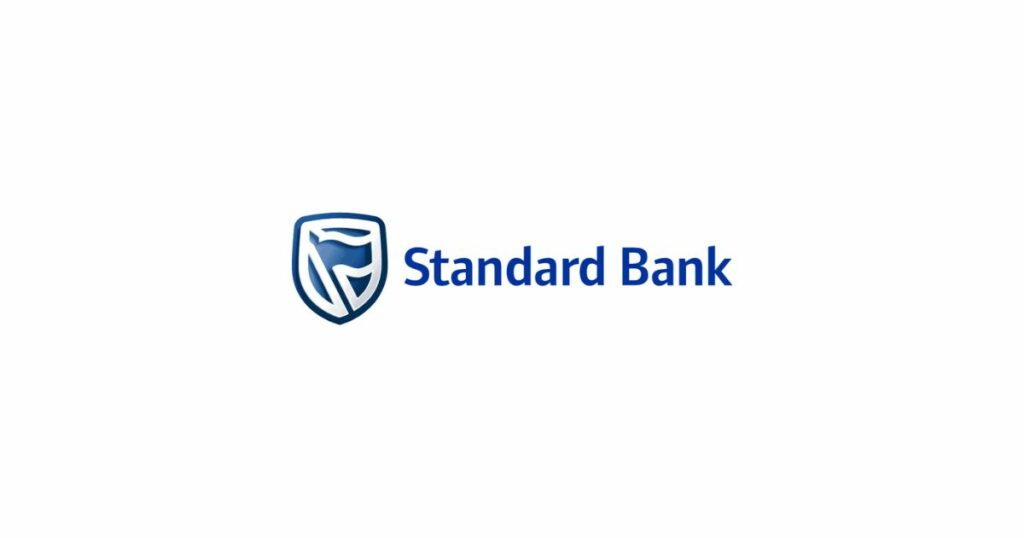
Standard Bank Tax-Free Savings Account
- Minimum Deposit: R250
Standard Bank offers two tax-free investment options. The first is a tax-free investment account that lets you invest in the stock market through exchange-traded funds (ETFs) with a minimum contribution of R250. This account provides access to over 250 JSE shares and ETFs, allowing you to buy and sell at any time. Profits can be reinvested or deposited directly into your account. The second option is a tax-free savinggs account, requiring an initial deposit of R250, with contributions made either monthly or in lump sums. Interest, up to 3.5%, is calculated daily on the invested amount.
Read More: Standard Bank Loan Review
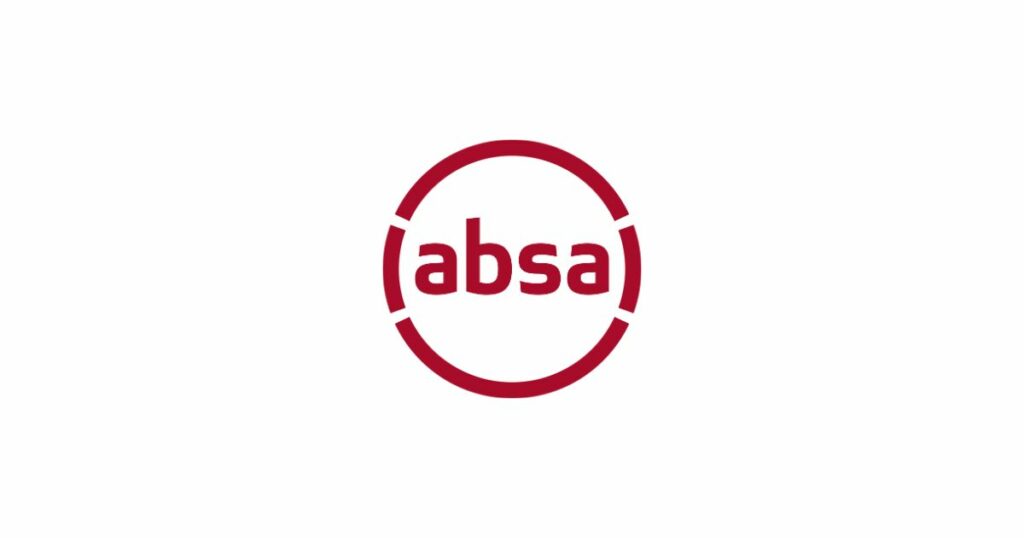
Absa Tax-Free Savings Account
- Tax-Free Fixed Deposit Minimum: R30,000
- Tax-Free Savings Account Minimum: R1,000
- Tax-Free Investment Account Minimum: R5,000
Absa provides various tax-free investment products tailored to different risk levels and goals. For all options, you can invest up to R36,000 per tax year, with a lifetime limit of R500,000. The tax-free fixed deposit account requires a minimum deposit of R30,000 and has a 12-month fixed term. The tax-free savings account requires an initial deposit of R1,000 and offers tiered interest rates. With the tax-free investment account, a minimum deposit of R5,000 allows you to invest in unit trusts and ETFs. Lastly, the tax-free ETF savings account comes with a reduced brokerage fee of 0.2%, with no minimum deposit or monthly fee.
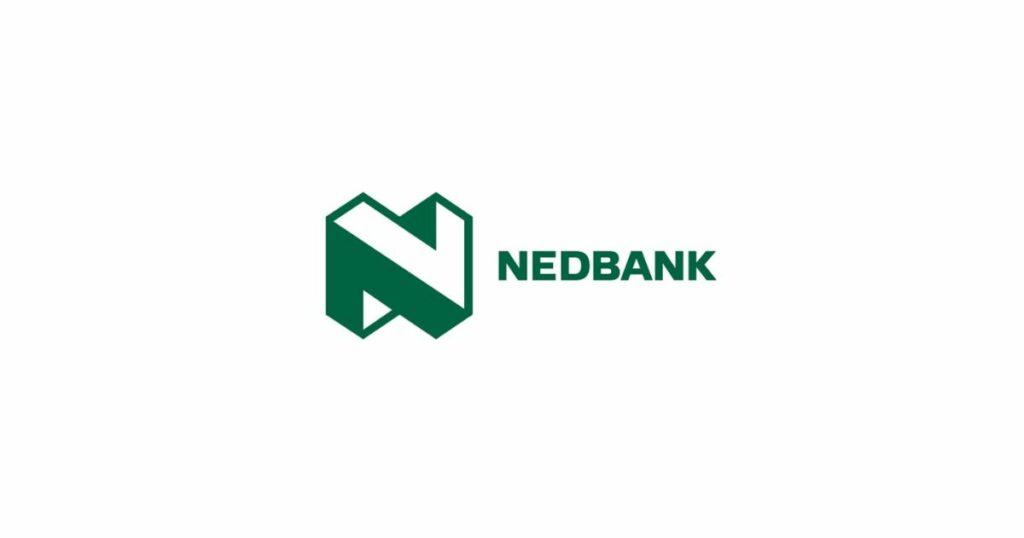
Nedbank Tax-Free Savings Account
- Minimum Deposit: R500
Nedbank provides a simple tax-free savings account with a minimum deposit of R500. This account offers competitive interest rates and allows for monthly interest payouts or reinvestment. Partial withdrawals are permitted with 24 hours’ notice, and there are no monthly fees or commissions. This account ensures capital security, making it a reliable choice for tax-free savings.
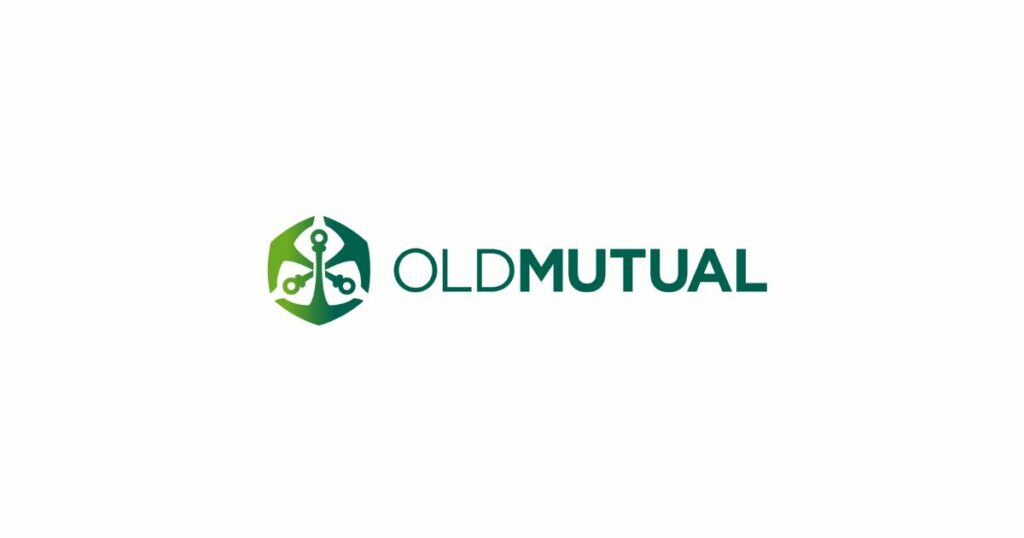
Old Mutual Tax-Free Savings Account
- Minimum Deposit: R250
Old Mutual highlights the benefits of tax-free savings. This account allows you to start saving with an initial deposit of R250, and you can make contributions either monthly or as lump sums. The longer you leave your savings, the more they grow, and you can withdraw your money tax-free whenever you’re ready. This account is flexible, catering to various savings goals such as buying a house, planning a wedding, or preparing for retirement.
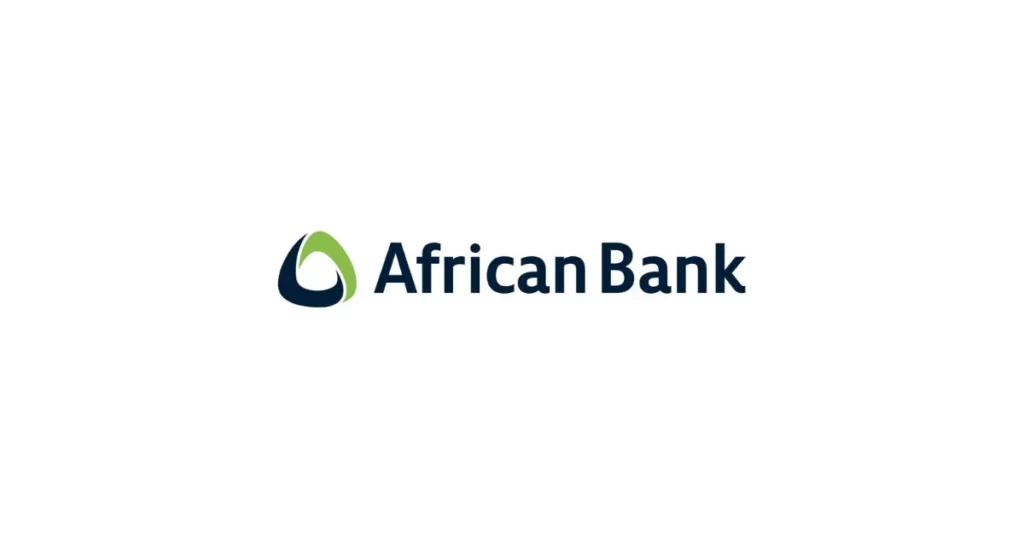
African Bank Tax-Free Investment
- Minimum Deposit: R50
African Bank offers a tax-free investment account with some of the highest interest rates in South Africa, starting at 8.5%. The account can be opened with a minimum deposit of R50, and you can contribute a minimum of R50 monthly. The interest rate is fixed for 12 months, and any rate increase after this period will benefit you. Funds can be withdrawn during the anniversary month or every 12 months.
Conclusion
Choosing the right Tax-Free Savings Account (TFSA) in South Africa can greatly enhance your financial strategy, providing tax-free growth and flexible access to your funds. With various options available from providers such as Standard Bank, Absa, Nedbank, Old Mutual, and African Bank, you can select an account that aligns with your investment goals and preferences. By understanding contribution limits and evaluating account features, you can effectively utilise a TFSA to boost your savings and investment returns, securing a more stable financial future.
Frequently Asked Questions
A Tax-Free Savings Account (TFSA) in South Africa is a financial account created to help you grow your savings and investments without incurring taxes on the returns. Introduced in 2015, TFSAs offer tax-free growth on interest, dividends, and capital gains, making them especially beneficial for long-term savings.
Unlike standard savings accounts, which are subject to taxation on interest and capital gains, TFSAs allow you to earn returns completely tax-free. This results in more efficient compounding of your investments, leading to potentially higher growth over time compared to a traditional savings account.
In South Africa, you can contribute up to R36,000 per year to a TFSA, with a lifetime contribution limit of R500,000. Exceeding these limits will result in a 40% tax on the excess amount.
Yes, you can withdraw funds from a TFSA at any time without incurring taxes or penalties. This flexibility allows you to access your money for various needs, such as emergencies, vacations, or education, without worrying about tax implications.
When selecting a TFSA provider, consider factors such as minimum deposit requirements, interest rates, investment options, and fees. Compare offerings from different banks and financial institutions to find one that aligns with your financial goals and investment preferences. For instance, some providers offer high interest rates or lower fees, while others may provide a broader range of investment options.
Fast, uncomplicated, and trustworthy loan comparisons
At Arcadia Finance, you can compare loan offers from multiple lenders with no obligation and free of charge. Get a clear overview of your options and choose the best deal for you.
Fill out our form today to easily compare interest rates from 19 banks and find the right loan for you.


